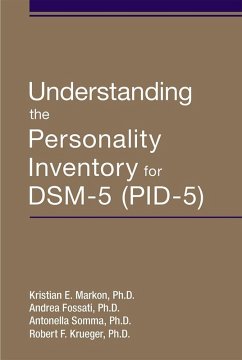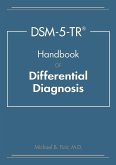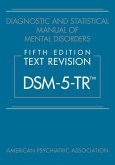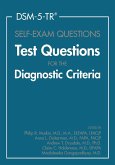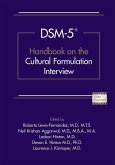Released in 2012 as a free, easily administered measure of personality pathology domains and traits as described in the DSM-5 Alternative Model for Personality Disorders, the Personality Inventory for DSM-5 (PID-5) has spawned interest-and a considerable amount of research-since its publication. Rather than trying to match an individual's personal experience to preestablished diagnostic categories, use of the PID-5 in assessment calls for something of a paradigm shift-developing a profile unique to each patient and their experiences and behaviors. This new book delves into the background of the PID-5 and provides clinical and research guidance on its application. After reviewing the blossoming literature on the PID-5 and evidence for its use, the authors examine
. The validity of the PID-5 in different populations, including adults, children, and non-U.S. populations . Special applications of the PID-5, including its relation to ICD-11 and use in forensic constructs . The relationship of the PID-5 with other measures, such as the Five Factor Model measures and the Personality Assessment Inventory . The role of the PID-5 in developing tailored interventions and prevention strategies, both psychotherapeutic and pharmacological
Standout features of this guide include numerous and easily referenced tables throughout, clinical vignettes that help illustrate the PID-5 personality profiles, and an appendix with norms and scoring reference materials. Particularly useful for both clinical psychologists and research psychiatrists, Understanding the Personality Inventory for DSM-5 (PID-5) is a concise, convenient, and indispensable resource for all those interested in an individualized approach to the management and treatment of personality pathologies.
. The validity of the PID-5 in different populations, including adults, children, and non-U.S. populations . Special applications of the PID-5, including its relation to ICD-11 and use in forensic constructs . The relationship of the PID-5 with other measures, such as the Five Factor Model measures and the Personality Assessment Inventory . The role of the PID-5 in developing tailored interventions and prevention strategies, both psychotherapeutic and pharmacological
Standout features of this guide include numerous and easily referenced tables throughout, clinical vignettes that help illustrate the PID-5 personality profiles, and an appendix with norms and scoring reference materials. Particularly useful for both clinical psychologists and research psychiatrists, Understanding the Personality Inventory for DSM-5 (PID-5) is a concise, convenient, and indispensable resource for all those interested in an individualized approach to the management and treatment of personality pathologies.
Dieser Download kann aus rechtlichen Gründen nur mit Rechnungsadresse in A, D ausgeliefert werden.

